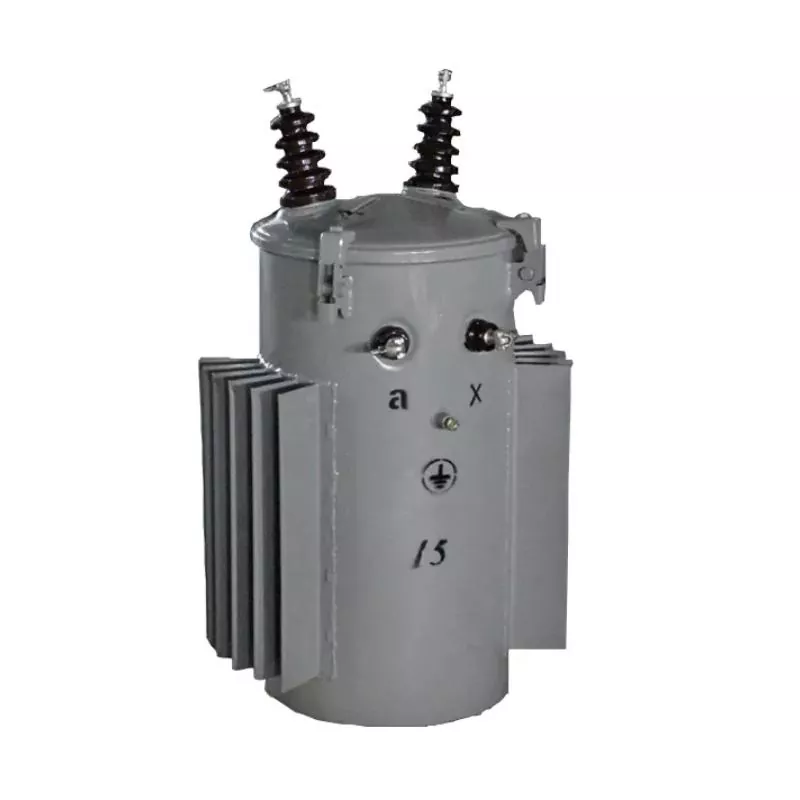What Should You Do If Your Electrical Transformer Is Making Unusual Noises
2025-09-25
A humming electrical transformer is normal. But when that hum turns into a buzz, crackle, or loud hum, it's a clear warning sign. Ignoring unusual noises can lead to equipment failure, costly downtime, and even safety hazards. As an industry expert with decades of experience, I recommend a structured approach to diagnose and address these issues promptly.
Your first step should always be a preliminary safety check. From a safe distance, visually inspect for obvious issues like oil leaks, damaged bushings, or wildlife interference. Never attempt to inspect or touch a noisy transformer yourself without proper training and equipment—always prioritize safety.
If the noise persists, it’s likely an internal issue. Here is a breakdown of common noise types and their potential causes:
Common Unusual Noises and Their Meanings
-
Loud, Irregular Humming or Buzzing: Often points to loose core laminations or winding connections. This can be caused by aging or shipping damage.
-
Hissing or Crackling: This usually indicates a corona discharge or arcing, often due to poor insulation or moisture ingress, which is a serious concern.
-
Popping or Groaning: Can signal an overload condition or an impending internal fault within the Electrical Transformer.
For a reliable, long-term solution, upgrading to a modern, well-engineered transformer is the best course of action. Consider the Toonice T-Series Power Transformer, designed with noise reduction as a core feature.
| Feature | Toonice T-Series Specification | Benefit |
|---|---|---|
| Core Material | High-grade, cold-rolled grain-oriented silicon steel | Minimizes core magnetostriction, the primary cause of hum. |
| Winding Design | Pre-compressed, epoxy-resin impregnated | Prevents winding loosening under load, eliminating buzzing. |
| Noise Level | < 55 dB (under standard load) | Ensures quieter operation for a safer, more comfortable environment. |
| Cooling System | Advanced, low-vibration fans | Reduces mechanical noise from cooling equipment. |
| Enclosure | Double-walled, acoustic dampening design | Contains and reduces operational sound transmission. |
Electrical Transformer FAQ
What causes a transformer to make a buzzing noise?
The most common cause is magnetostriction, where the core laminations expand and contract minutely with the magnetic field. A loose internal component can amplify this normal buzz into a loud, problematic noise.
Is a humming transformer dangerous?
A steady, low hum is normal. However, a sudden change in volume or tone, especially a loud hum combined with heat or smell, can indicate overloading or internal faults, which are potentially dangerous and require immediate professional assessment.
Can a noisy transformer be repaired, or does it need replacement?
Minor issues like loose external fittings can be tightened. However, most internal problems causing significant noise are not economically repairable. Replacement with a high-quality unit like those from Toonice is often more cost-effective and reliable.
Don't let transformer noise disrupt your operations or signal impending failure. Trust the robust engineering and quiet performance of a Toonice electrical transformer. Contact us today for a professional assessment and discover how our solutions can secure your power infrastructure.



